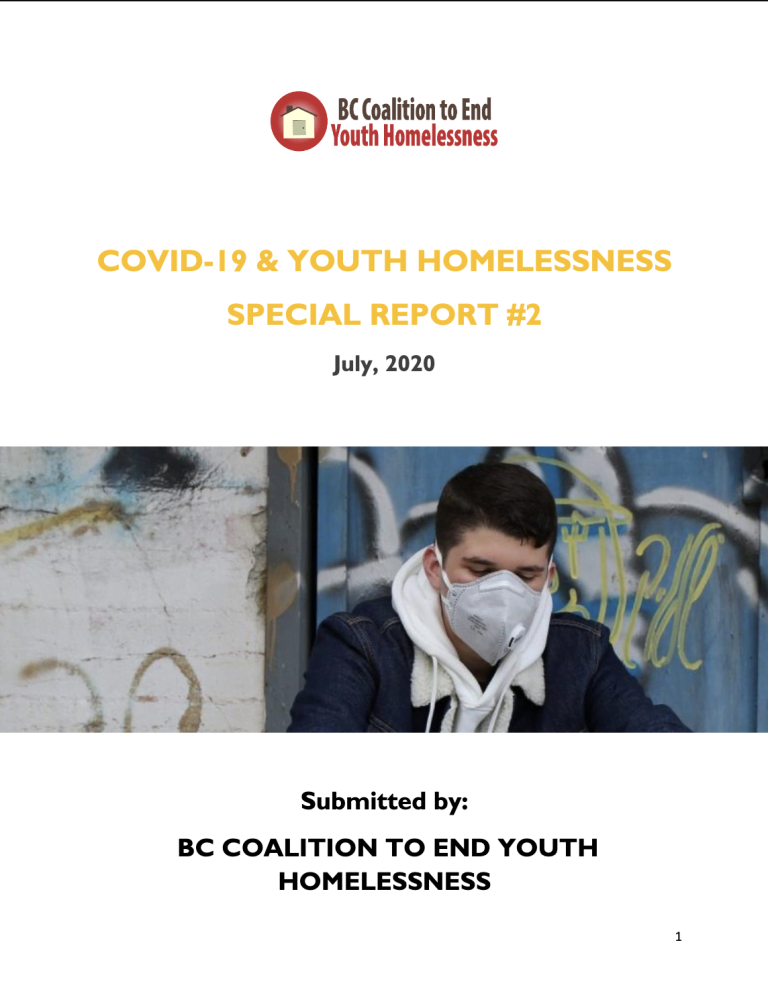82 search results
Housing
Recommendation 1: A BC Youth Housing Action Plan that outlines priority actions and promising models of housing that will be the foundation of a provincial plan to end youth homelessness.-
Category and theme:
Audience:
Groups affected:
Housing
Recommendation 2: Develop and build youth-specific housing that includes a variety of accommodations including communal, transitional, supportive, scattered site, and affordable market units. There should be designated low-barrier housing for youth with mental health and substance use concerns, as well as housing for youth who do not use substances. Youth recommend having teachers, nurses, and life-skills workers onsite.-
Category and theme:
Audience:
Housing
Recommendation 3: Designate housing units to the cohort of youth aging out of care post-pandemic to ensure no youth ages out into homelessness.-
Category and theme:
Audience:
Groups affected:
Housing
Recommendation 4: Provide funding to community organizations to support youth in finding rentals and developing life-skills to sustain housing. Youth need support in communicating with landlords to prevent conflict by addressing issues before they arise such as not being able to afford rent one month.-
Category and theme:
Audience:
Groups affected:
Housing
Recommendation 5: Create more scattered site program units for youth with rental subsidies and funding support positions in organizations who can partner with property management companies and provide case management. Additionally, organizations should network with other agencies that have access to housing to ensure youth are prioritized.-
Category and theme:
Groups affected:
Housing
Recommendation 6: Support the development of the Friendly Landlord Network to increase youth’s access to market housing. There should be more public education initiatives that engage landlords by creating accountability within community to support youth and fostering a sense of purpose by helping youth. The provincial government could provide tax incentives for individual homeowners to provide affordable rent and become a part of the Friendly Landlord Network or something similar.-
Category and theme:
Audience:
Groups affected:
Housing
Recommendation 7: Explore the development of transitional employment-based housing.-
Category and theme:
Audience:
Groups affected:
Housing
Recommendation 8: Begin transition planning early on for youth who are in the temporary hotels to ensure no youth is discharged back to the streets. Explore keeping hotels and designating vacation rentals to youth.-
Category and theme:
Audience:
Groups affected:
Housing
Recommendation 9: Provide youth with rental subsidies and financial supports that bridge the affordability gap into market housing. The temporary COVID-19 measures should be transitioned into permanent supports such as a universal basic income.-
Category and theme:
Audience:
Groups affected:
Housing
Recommendation 10: Increase youth’s access to housing-focused workshops that assist them in learning about their rights and responsibilities. For example, the Rent Smart Workshop.-
Category and theme:
Groups affected:
